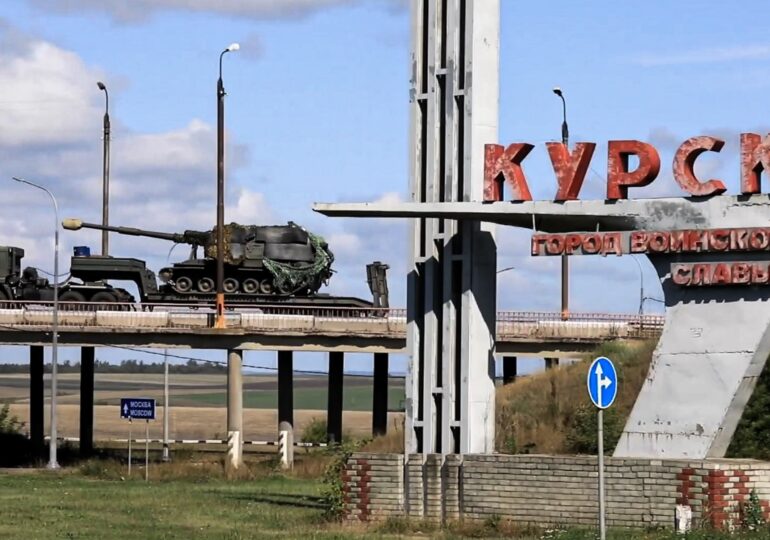The impact of the offensive in Kursk is so significant on Vladimir Putin and the political leaders at the Kremlin that the official discourse has quickly shifted, and now the Russians’ fight is with NATO forces, not just with Ukraine.
In a video posted on Telegram, a social network used by millions of Russians, it is conveyed to them that in Kursk „it is not the Ukrainians who have entered, but NATO soldiers, dressed in their uniforms, and there are battles between the armed forces of Russia and those of NATO.”
The Kremlin’s campaign is much broader and deeper. Russian refugees in Kursk are bombarded with false information by local authorities representatives that they have been attacked by Poles.
On social networks, testimonies from residents of the Kursk region are being shared, stating that they heard Polish, French, and English being spoken in their village when Ukrainian troops entered. Such testimonies have been circulating on Russian TV channels since the Ukrainians entered the Kursk region.
Vladimir Putin, in his speeches, tells the Russians that the war is no longer just with Ukraine, but with the entire West. The shock caused by the surprising Ukrainian military operation forces the Kremlin leader to justify his bitter military failure, falsely claiming that his soldiers are actually fighting a much larger and more powerful force, one that aims to dismember Russia.
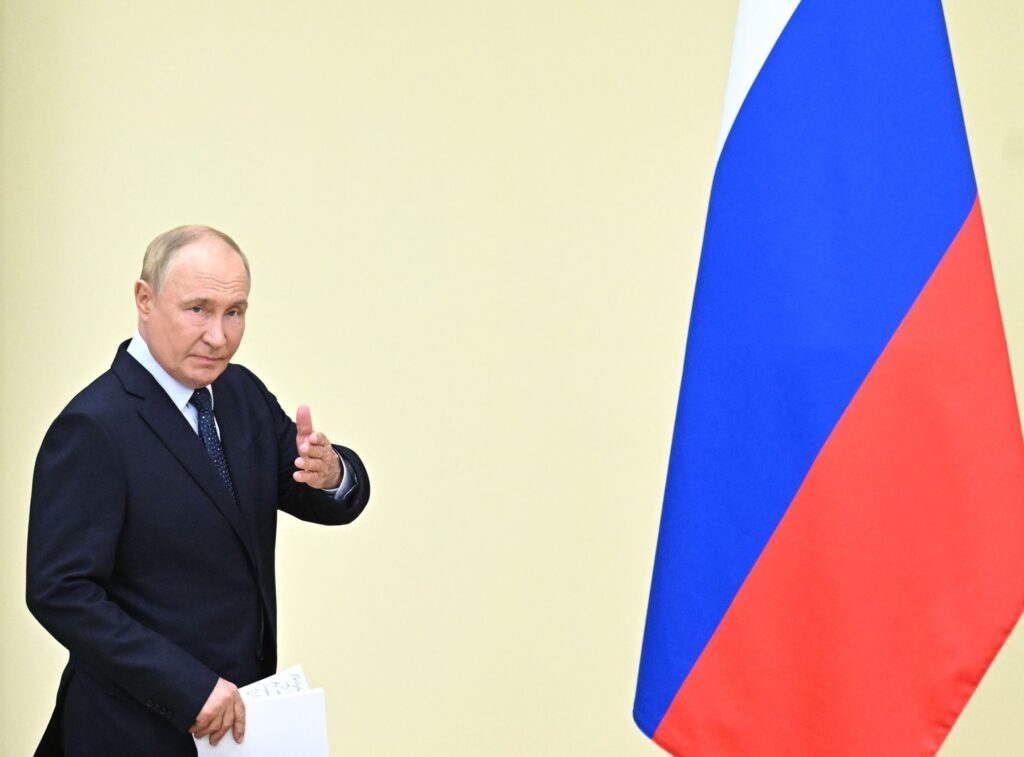
In Search of a Just Peace
"Ukraine's actions in the Kursk region are absolutely legitimate. Our country is not interested in taking over Russian territory. The sooner Russia accepts negotiating a just peace with Ukraine, the sooner our raids will cease," stated the spokesperson for the Ukrainian Ministry of Foreign Affairs.
According to on-site data, validated by Zelensky's interventions, Ukrainian forces, eight days after the start of the offensive in Kursk, continue to advance and occupy territories.
General Sîrski's strategy is radically different from the counteroffensive in the south last year, which resulted in a painful failure for the Ukrainians.
This time, the general used a strong attack at the weakest point of the enemy's defense, followed by a scattering of fighter groups in different directions with different objectives, so that the Russian forces called for help cannot organize but are forced to track the Ukrainian groups and thus fall more easily into ambushes.
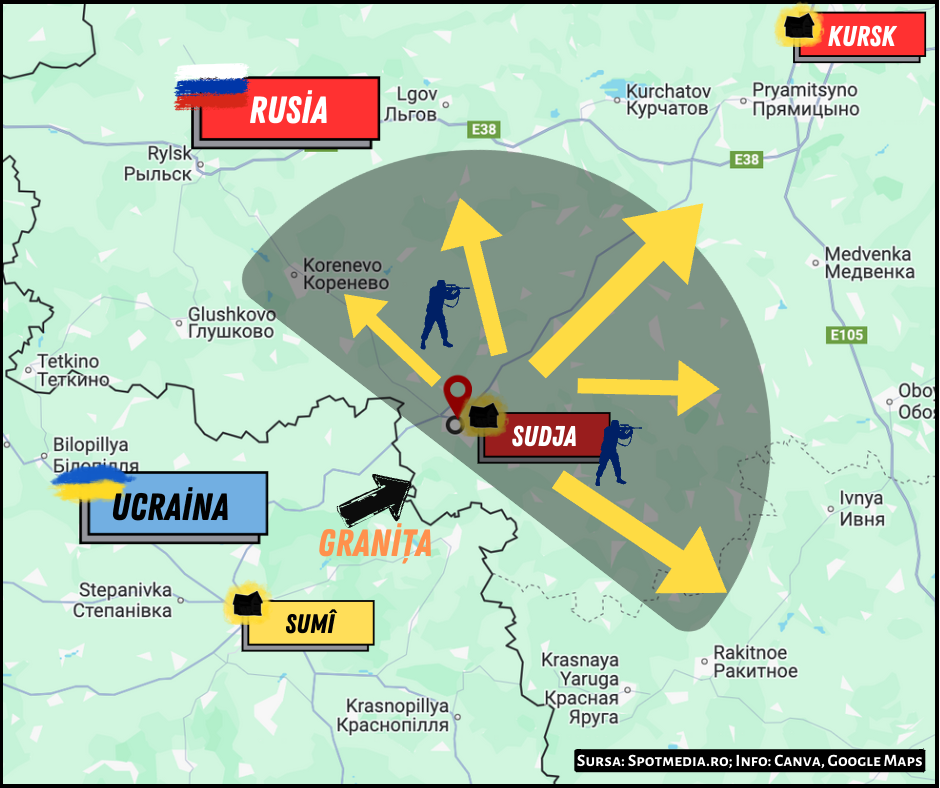
General Sîrski avoided the concentration of forces in one area and a face-to-face confrontation with the Kremlin's forces, managing to thwart a possible Russian troop consolidation.
For this reason, the defensive trench line hastily built by the Russians is 45 kilometers inside the Kursk region, indicating how far the Ukrainian fighters have advanced.
For the first time since the beginning of the war, the Ukrainians have managed to organize a combined offensive, with drone attacks followed by infantry advances, supported by tanks and armored vehicles. The offensive system was defended by artillery and aviation intervention in contact zones with the enemy.
Such a combined ground-air operation has three major components:
- On the ground, infantry, transported and protected by light armored vehicles, alongside tanks and heavy armor, occupy and consolidate the captured positions;
- The mobile ground formations are defended by artillery, which must stop enemy projectiles;
- In the air, helicopters act to destroy the military capabilities of opponents, signaled and located by advanced reconnaissance missions, and fighter planes intervene when ground formations are attacked by drones, helicopters, and enemy aircraft;
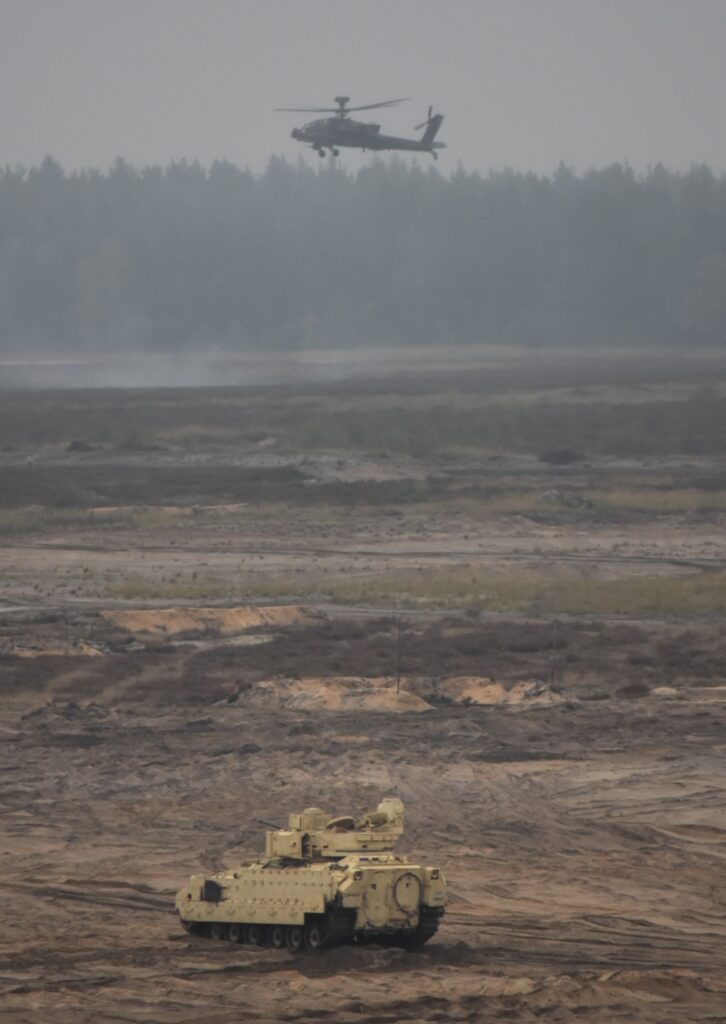
Putin's Fury
Such a complex operation would not have been possible without the massive transfer of weapons from NATO states and adequate funding, over 100 billion dollars, coming from the US and the European Union.
Putin's fury is linked to this unexpected support, with his invasion counting on the "weakness of the West," the inability of democratic countries to agree and act.
To calm the West and force it to abandon its futile attempts to provoke a <strategic defeat>, we must demonstrate unconditional unity and a common belief in achieving decisive results...
Oleg Karpovich, Izvestia editorial, Russia
The opposite has happened, and the political, economic, and military mechanisms created by allies have started to work, and results are beginning to show.
Today in Ukraine, there is no longer talk of an ammunition crisis, weapons, or artillery shells, with the biggest issue being finding enough soldiers, as well as pilots for the F-16 aircraft, which have started flying in the Ukrainian sky.
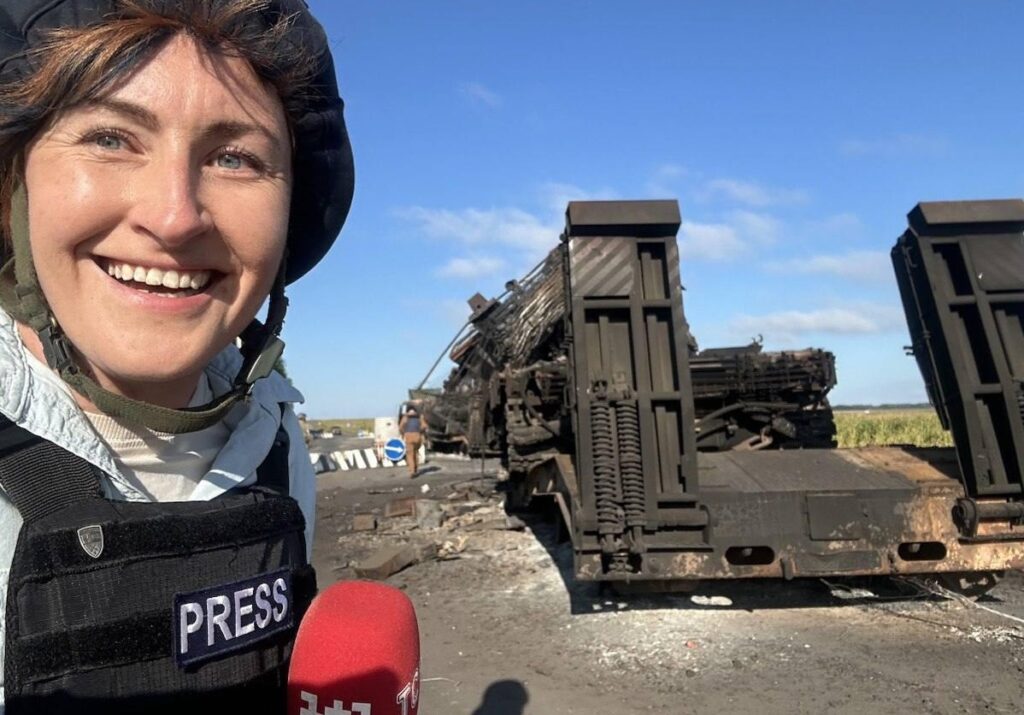
The West's Victim Role
Two major elements indicate that Russia has become vulnerable.
The first - the lack of an anti-air defense system. Ukrainian drone raids targeting military objectives in Russian territory have exponentially increased in recent weeks.
Every two days, Kiev's forces launch swarms of drones that reach hundreds of kilometers into Russia, hitting airfields, refineries, fuel depots, and other strategic points.
We are witnessing a profound erosion of Russia's military capabilities.
Ukraine has become the world's largest producer of military drones.
"In the past two years, the Ukrainian drone industry has seen remarkable growth, with over 200 manufacturing enterprises created. Ukrainian authorities have allocated 2 billion dollars for drone production in 2024, with Ukrainian President Volodymyr Zelensky setting an annual goal of one million unmanned aerial vehicles," as stated in a report published by the Atlantic Council.
The second element is that Russia no longer has the capacity to defend its borders.
In the spring, Russian partisan groups, supported by Ukrainian forces, made incursions beyond the border. Most likely, Kiev's generals then gathered information about how well Russia's borders are defended, how to cross them, and what forces are needed.
The Kursk offensive showed that Putin does not have the military capacity to defend his country, leading to a major impact on Moscow's political system.
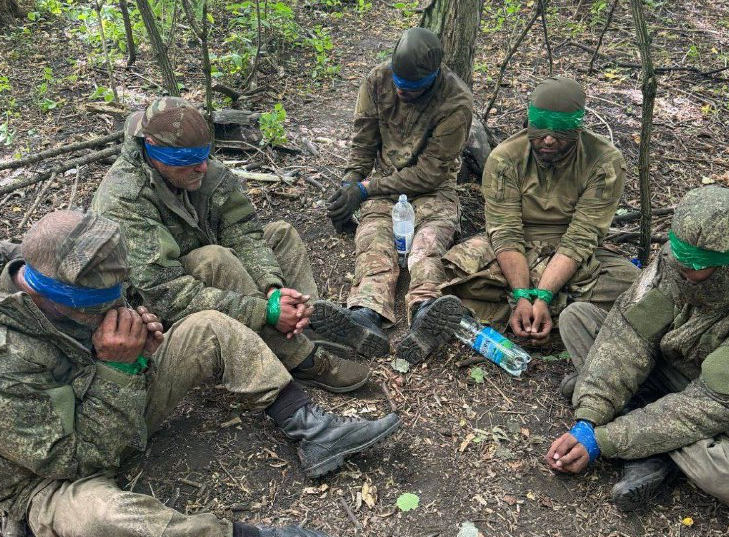
In the near future, to survive, Vladimir Putin will play the victim role, conveying to the Russians that the West wants to destroy Russia.
He will not mention his strategic failures, his desire to remain in power until death, and his fear of an open and free society.
The Future of Russia
Oleg Karpovici, a close associate of Putin, in an opinion article published in the pro-Kremlin daily "Izvestia," describes the dark future of Russia planned in the president's offices.
"...it is important to strengthen the connection with the new generation, upon whom the full force of Western propaganda has fallen. Young people must not only be protected from the hybrid attacks of our adversaries but also, through active education measures (and, if necessary, re-education), directed towards actively defending the state, national identity, and traditional values," writes Karpovici.
"Finally, it is time to clean up the informational field and cultural space of any form of destructive influence on <minds and hearts>, pushing to its logical extreme the substitution by import of the content consumed by the population, which remains still Western-centric. Both the business community and those in the country's bohemia must accept that we have passed a point of no return - and we must build a new type of state, resistant to any kind of pressure, for the decades to come," added Putin's supporter.
For those in Romania who lived during the Ceaușescu era, it is as clear as daylight how the future of Russia will look.

